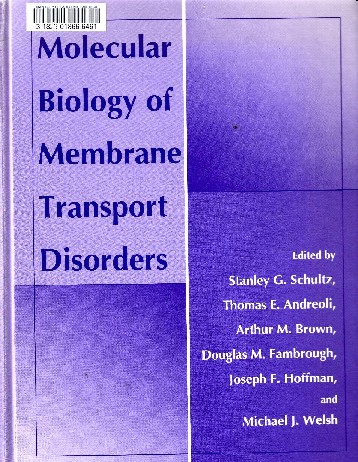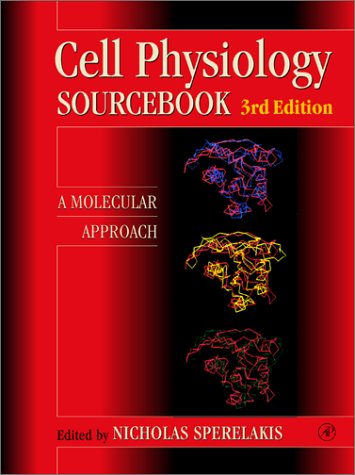Membranes as Therapeutic Targets
By Lukas Buehler, Ph.D.
| Membrane
proteins function as gateways between cells and their surroundings.
Molecular transport, energy conversion, and receptor signaling
are the major mechanism of action. Due to their importance in
physiology and cell surface location, membrane proteins are
preeminent therapeutic targets for the treatment of metabolic,
immunological, vascular, endocrinological and neurological disorders
and prevention of viral infections. In this course, students
will gain an understanding of the structure-function relationship
of membrane proteins (e.g. ion channels, transporters, G-protein
coupled receptors, tyrosine kinase receptors, and membrane bound
enzymes) in health and diseases. This course requires basic
knowledge of proteins and the biology of the cell. |
|
Internet Resources
Books
|


|
Molecular
Biology of Membrane Transport Disorders, by Stanley G.
Schultz (Editor)
Plenum
Pub Corp; 2nd edition (July 1996);
ISBN: 0306451646
Price: $238
|


|
Cell
Physiology Source Book
by Nicholas
Sperelakis
Academic Press; ISBN: 0126569770
Paperback - 1235 pages 3rd ed. (September 2001)
Price: $79.95
|
(This lecture has been developed for UCSD Extension, Bioscience
Program)
UCSD
Extension
MembraneHome
UCSD Home
H
o m e
Copyright © 2000-2006
Lukas K. Buehler
|